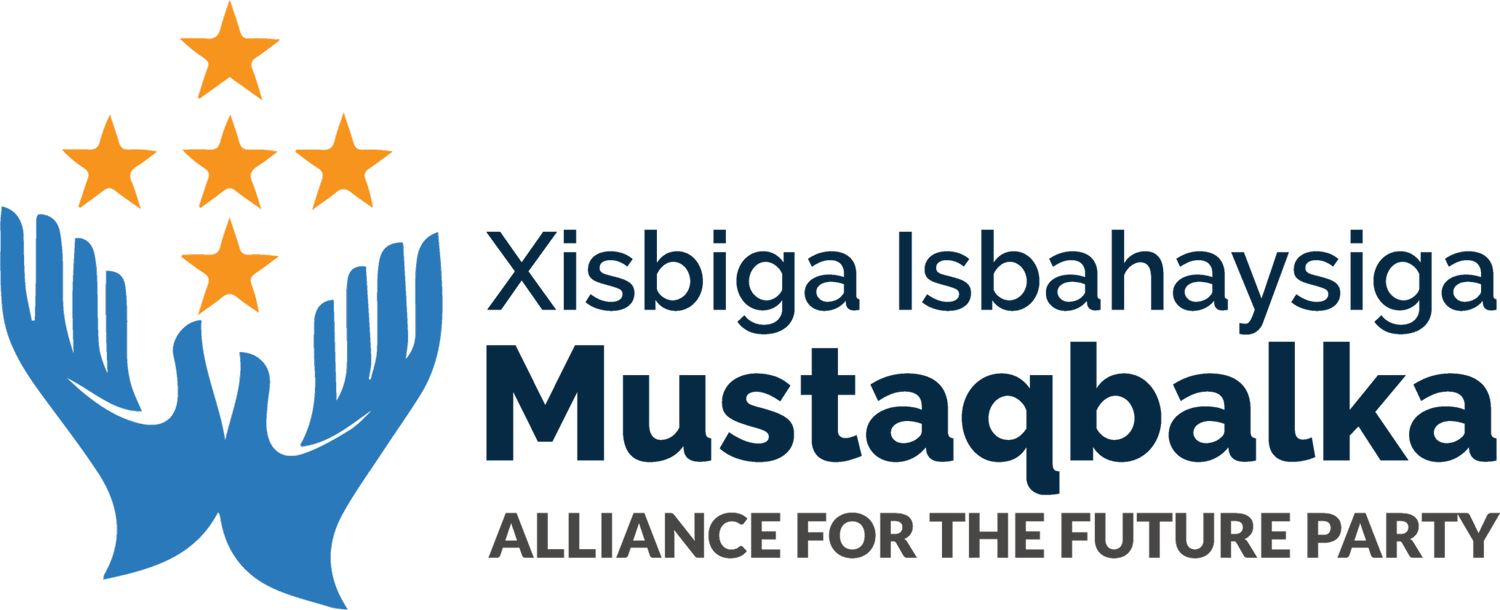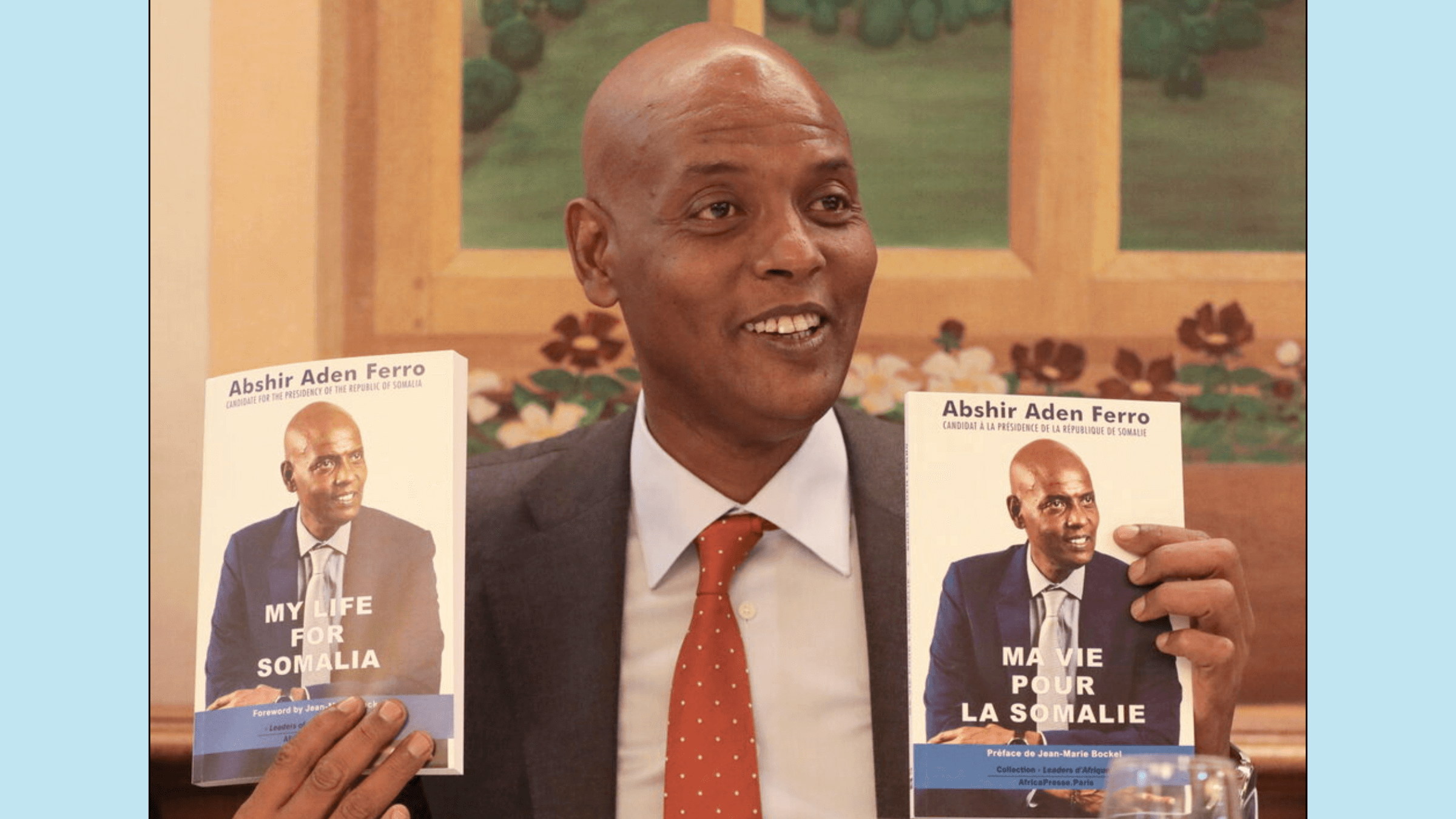By Abshir Aden Ferro
In December 2024, Somalia officially excluded Ethiopia from the African Union Support and Stabilisation Mission in Somalia (AUSSOM), marking a significant shift in the region’s dynamics. The decision, announced during a UN Security Council meeting, is rooted in tensions surrounding Ethiopia’s controversial Memorandum of Understanding (MoU) with Somaliland, which has escalated regional disputes. Ethiopia had long been a key player in Somali peacekeeping efforts, but Somalia has now chosen to exclude it from the new mission, set to replace the African Transition Mission in Somalia (ATMIS) in January 2025.
To compensate for Ethiopia’s absence, Somalia has secured agreements for 11,000 troops from Uganda, Kenya, Djibouti, and Burundi. However, the mission faces significant financial challenges, with disagreements between the UN and international donors over funding mechanisms. These funding issues, along with Ethiopia’s exclusion, could affect AUSSOM’s ability to effectively counter Al-Shabaab.
Somalia’s pivot away from Ethiopia reflects shifting alliances in the Horn of Africa, with President Hassan Sheikh Mohamud strengthening ties with Eritrea and Egypt. Ethiopia’s exclusion diminishes its role as a regional stabiliser and could strain relations with both Somalia and Eritrea. This situation raises concerns about the viability of AUSSOM and potential regional security risks, as a weakened mission may allow Al-Shabaab to exploit instability.
The evolving geopolitical landscape underscores the high stakes for Somalia, the African Union (AU), and the international community, with the success of AUSSOM being critical to regional stability.





